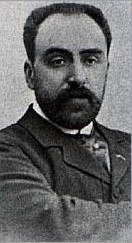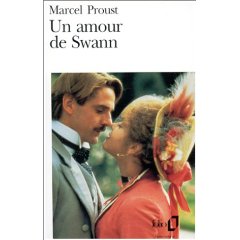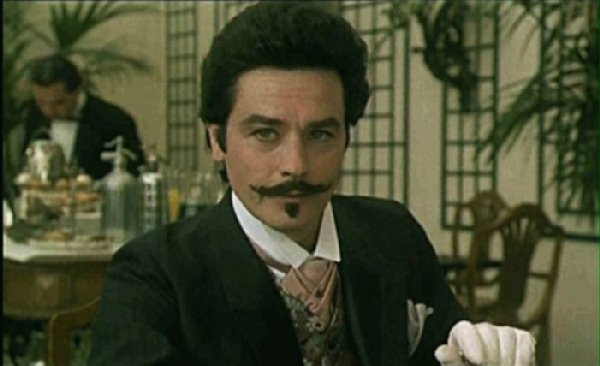Raczymow’s book is best when he’s writing from the close intersections between Proust’s biography, Haas’ biography, Swann’s character, and the confusion all three exert on each other. The short sections in which he talks about Proust’s obvious failure to remember who (Swann or Haas) is fictional are brilliant and provide more than a little insight into Proust’s attitude as he wrote. The kind of confusion engendered by the shifting differences between real life and his novel clearly became overwhelming at times, and Proust would write letters in which he used Swann’s name when he should have been talking about Haas. But these moments then lead to the set of questions that are obscured at the start of Raczymow’s book, questions about immortality and time, and ultimately, in a strange way, the place of Jews in French society.
It’s impossible to read In Search of Lost Time without wondering about the hatred Proust shows to Jews and homosexuals. It’s unavoidable, and although sometimes the sentiments are offered in the mouths of his characters, at other times it seems clear that the narrator (and then Proust) is offering his own opinions. Even if we resist, as we must, the urge to reduce the novel to autobiography, these sentiments are ones with which we have to come to terms with as we read. Swann is not only tremendously socially successful, he’s a Jew, as was Proust. Swann’s Jewishness is emphasized at crucial points in the novel, as he gets sick, as he loses power (in the social sphere), as Gilberte grows up after he has died. Raczymow catalogs these moments and never fails to delicately relate them to the biography of Haas, and indeed, of Proust. What becomes most clear over the course of his short book is that Raczymow’s conception of Haas and of Swann is one radical contingency, and we’re left wondering why Proust made such a contingent figure, someone whose position and glamor rested very much on a kind of sufferance, the hero to the narrator as he’s growing up.
This kind of book threatens to be the worst that Proust criticism has to offer. In Search of Lost Time is many things, least of which is a catalog of correspondence between actual people and their fictional equivalents. Part of what makes Proust’s novel so difficult to write about is precisely the artistry that Proust used to distort ‘reality.’ Certainly it’s worth exploring the ways in which Proust’s life and experience informed his writing, but the temptation of reducing his novel to its constituent parts not only makes of it less than it is, it obviates Proust’s initial impetus to write contra Sainte-Beuve. But Raczymow manages to easily walk the line that separates the banal from the useful.


















